 Your new post is loading...
 Your new post is loading...

|
Scooped by
Gust MEES
July 12, 2017 9:16 AM
|

|
Scooped by
Gust MEES
September 7, 2016 6:13 PM
|
Er trug Anfang der 1970er Jahre entscheidend zur Prägung des Begriffes Medienkompetenz bei. In früheren Schriften verwendete er den allgemeineren Begriff der Kommunikativen Kompetenz und stand dem Begriff der Medienkompetenz kritisch gegenüber, da er ihn als „leer" empfand. Er kritisierte, dass der Begriff nicht aussagt, was man sich unter Medienkompetenz konkret vorzustellen habe und wie man sie vermittele.

|
Scooped by
Gust MEES
July 18, 2016 12:24 PM
|

|
Scooped by
Gust MEES
July 2, 2016 6:52 PM
|

|
Rescooped by
Gust MEES
from Vie numérique à l'école
May 1, 2016 6:50 PM
|

|
Scooped by
Gust MEES
October 29, 2015 12:18 PM
|

|
Scooped by
Gust MEES
August 3, 2015 12:27 PM
|
This concept of connection with the community is an exciting and interesting part of the Wayfinding Academy. While there will be some core courses of study for each student, Michelle envisions learning experiences where you walk into the room and find it hard to tell who is professor, full-time student, and who is a community member participating for personal growth and interest. It is a vision for an open learning community, one that blurs the distinctions between what happens in the school and what happens in the community. Students will spend signficant time in the community, and community members will hopefully be engaged and present in the school. As I listened to Michelle explain this vision, I pictured a community where the role of teacher and student is played by all.

|
Scooped by
Gust MEES
November 27, 2014 7:37 AM
|

|
Scooped by
Gust MEES
June 13, 2014 7:42 PM
|
There is an emerging opportunity to boost student achievement and improve working for teachers here in the U.S--and a huge opportunity to expand access to quality learning to every young person on earth.

|
Scooped by
Gust MEES
April 8, 2014 11:51 AM
|
It is this kind of experience, I believe, that leads to global understanding. People who travel abroad with an open mind can experience this. (Note –open mind required!) It goes beyond “global competency.” Don’t get me wrong – global competency is essential for our students’ future success – and certainly better than nothing, but there is a huge difference between knowing something –and really understanding something.
“Education is a kind of dynamic movement where improvements are based on the specific ability and competences of teachers. Turning our classical liceo into a modern liceo, using instruments to improve innovation and teaching, is our main goal. […] Our students go from absorbing lessons like a sponge into actors that play a real role in a cooperative technologically-supported class.”

|
Scooped by
Gust MEES
October 31, 2013 9:49 AM
|
There's a movement brewing to change the way colleges and universities award degrees from the credit-hour to a model that asks students to prove what they've learned, no matter how long it takes.
|

|
Scooped by
Gust MEES
February 15, 2017 5:46 PM
|

|
Scooped by
Gust MEES
August 10, 2016 11:57 AM
|
Perhaps the most important reason for developing metacognition is that it can improve the application of knowledge, skills, and character qualities in realms beyond the immediate context in which they were learned. This can result in the transfer of competencies across disciplines—important for students preparing for real-life situations where clear-cut divisions of disciplines fall away and one must select competencies from the entire gamut of their experience to effectively apply them to the challenges at hand. Even within academic settings, it is valuable—and often necessary—to apply principles and methods across disciplinary lines. Learn more / En savoir plus / Mehr erfahren: http://www.scoop.it/t/21st-century-learning-and-teaching/?tag=Four-Dimensional+Education%3A+The+Competencies+Learn

|
Scooped by
Gust MEES
July 8, 2016 6:54 AM
|
Schüler in ihrer Eigenverantwortlichkeit und Selbstständigkeit zu fördern und voranzubringen ist den Lehrkräften an der Realschule am Europakanal ein großes Anliegen. Die Schule von einem Ort des Lehrens zu einem Ort des Lernens umzugestalten, an dem die Schüler, zwar angeleitet durch die Lehrkräfte, dennoch über ein erhebliches Maß an Freiheit hinsichtlich ihrer Wochenplanung verfügen, erfordert einerseits einen nicht unerheblichen Umbau der Strukturen und bedeutet andererseits eine Entwicklung des pädagogischen Selbstverständnisses der Kollegen hin zum Lernbegleiter und Lerncoach. In gewisser Weise kann von der Notwendigkeit einer Haltungsänderung dem Schüler gegenüber gesprochen werden.
Die EduZeit findet vier Mal pro Woche jahrgansstufenübergreifend statt. So kann der Schüler seinen Klassenverband verlassen und sich mit Mitschülern seiner Wahl bei einem Lehrer seiner Wahl einfinden, um seine Arbeitsaufträge zu bearbeiten. Der gewählte Lehrer muss nicht zwingend der entsprechende Fachlehrer zur ausgewählten Aufgabe sein. So kann die Mathematikaufgabe auch bei einem anderen Fachlehrer bearbeitet werden, sofern dessen Unterstützung nicht von Nöten ist. In der EduZeit ist ebenfalls die Möglichkeit gegeben, dass sich die Schüler auch gegenseitig unterstützen.
Jeder Fachlehrer stellt für die EduZeit entsprechende Aufgaben zur Verfügung, die in Phasenplänen festgehalten werden. Eine Phase umfasst in der Regel ungefähr 5 Wochen. Ein Drittel der Unterrichtszeit fließt also in die EduZeit, in der die Schüler, wie schon erwähnt, sowohl Fach, als auch Lehrer frei wählen können.
Dokumentiert wird die Anwesenheit des Schülers in der EduZeit in einem Planer, den der Schüler täglich mitzuführen hat. Die Aufsicht führenden Lehrkräfte stempeln die abgeleistete Zeit ab und haben die Möglichkeit den Erziehungsberechtigten, wenn nötig, zum Beispiel eine Mitteilung über die Arbeitshaltung des Schülers zu geben.
Auch die Termine für die Leistungsnachweise werden in den Phasenplänen festgehalten. Unangekündigte Leistungsnachweise gehören somit der Vergangenheit an. Learn more / En savoir plus / Mehr erfahren: http://www.scoop.it/t/21st-century-learning-and-teaching/?tag=Germany

|
Rescooped by
Gust MEES
from Effective Education
June 30, 2016 9:31 AM
|

|
Scooped by
Gust MEES
March 10, 2016 12:27 PM
|

|
Scooped by
Gust MEES
August 13, 2015 9:17 AM
|
When speaking with colleagues or friends, most of whom are higher education graduates, I often hear the following: I was rubbish at maths, I don’t remember anything; after high school I couldn't even hold a conversation in English; we didn't learn anything about the origin of religions; I memorised the periodic table in chemistry class but I've completely forgotten it all, etc.
If even those who were the most successful in their studies feel that they are lacking entire sections of fundamental knowledge, what is the situation for those who left school early? What purpose does it serve to learning things at different educational levels when these things become dead knowledge when we never use them again?
Reflections such as these often arouse an interest in using competences in teaching. The objective here is not to replace the traditional knowledge that has come to us from the major disciplines with more practical but less lofty competences. On the contrary, the aim is to clearly identify the skills and knowledge – defined as competences – that are indispensable for these important fields, and to organise teaching and learning in a way that guarantees a command of these.
Learn more:
https://gustmees.wordpress.com/2015/07/19/learning-path-for-professional-21st-century-learning-by-ict-practice/
http://www.scoop.it/t/21st-century-learning-and-teaching/?tag=Competency

|
Scooped by
Gust MEES
May 29, 2015 7:39 PM
|
Maximizing Competency Education and Blended Learning

|
Rescooped by
Gust MEES
from InformationCommunication (ICT)
August 26, 2014 12:27 PM
|

|
Scooped by
Gust MEES
June 7, 2014 8:26 PM
|
Being a proper digitally competent teacher is not as simple as picking up an iPhone and tweeting. You need to be a good digital citizen, understand privacy, and more. In an effort to clarify and explain some of the most important characteristics that a digitally competent teacher must have, we whipped up this fun visual. [...]

|
Scooped by
Gust MEES
May 2, 2014 7:19 PM
|
One of the most exciting ideas presented in the paper is what we truly believe to be the future of teacher preparation and ongoing development--micro-credentials, likely displayed as digital badges--that would signify accomplishment and measure and reward competency-based outcomes for educators. . Learn more: . - http://www.scoop.it/t/21st-century-learning-and-teaching/?tag=Competency

|
Scooped by
Gust MEES
February 16, 2014 4:38 PM
|
From flipped classrooms, to 1:1 programs, MOOCs and project based learning, there are a lot of educational trends to keep up on. Like competency based education.

|
Scooped by
Gust MEES
December 29, 2013 10:53 AM
|
|



 Your new post is loading...
Your new post is loading...

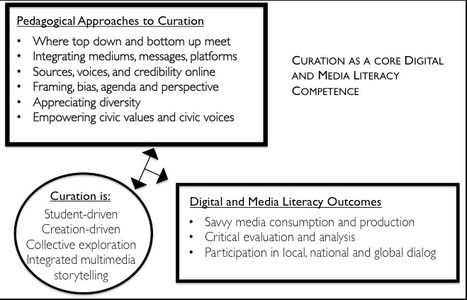

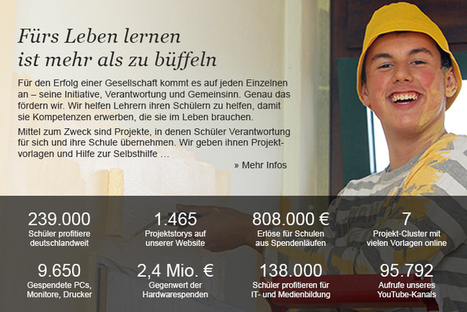
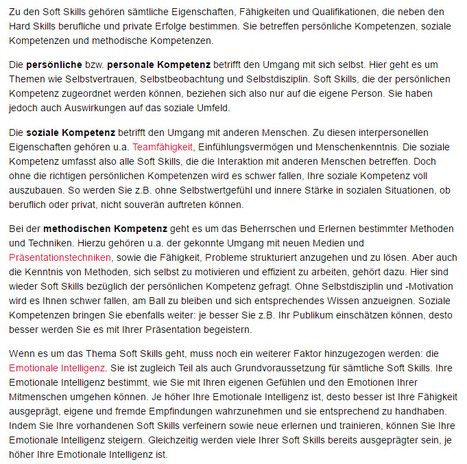
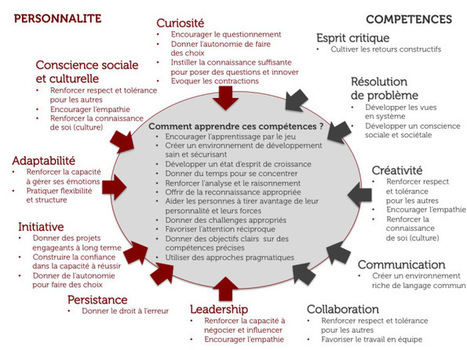





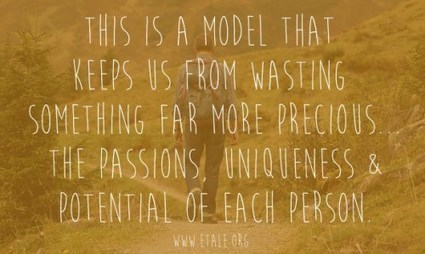










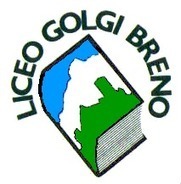



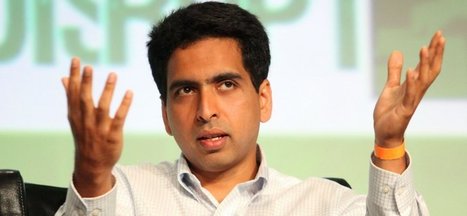
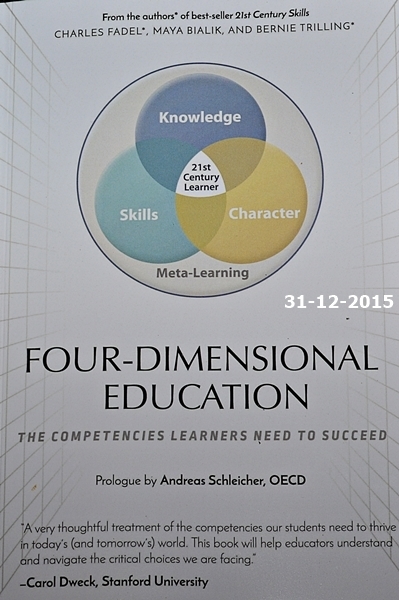

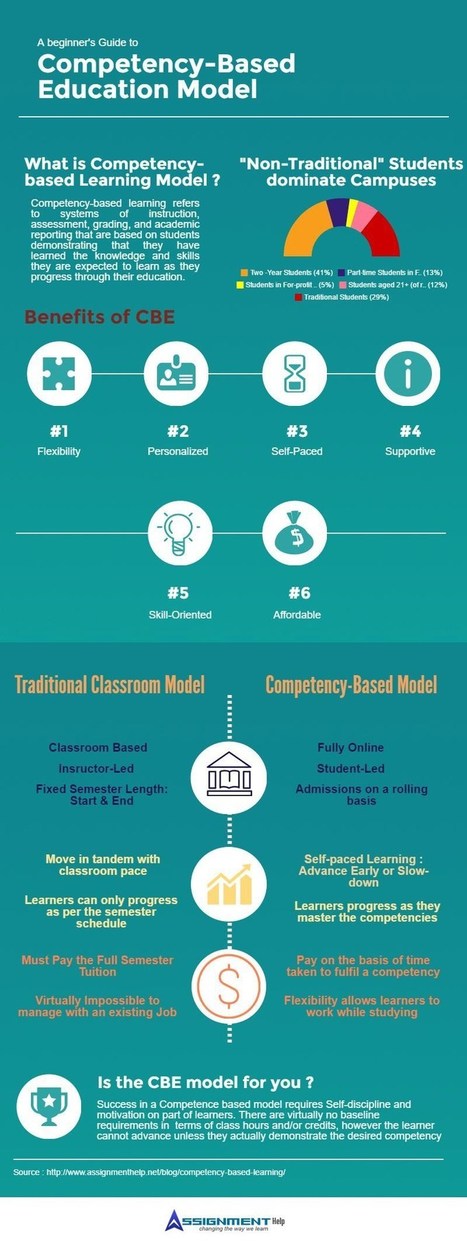












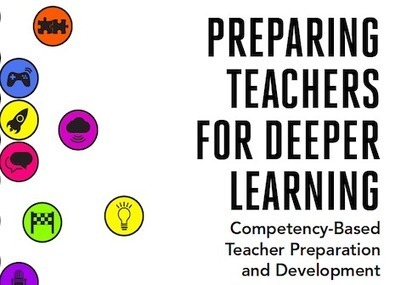
![6 Core Benefits of Competency Based Education [Infographic] | 21st Century Learning and Teaching | Scoop.it](https://img.scoop.it/Alx2D24Ah01b5vQrtOSU5Tl72eJkfbmt4t8yenImKBVvK0kTmF0xjctABnaLJIm9)





This concept is new to me, although I have practiced this in different forms. It seems logical to utilize this pedagogical approach to curation for students, parents, and teachers alike. We are all learners in today's rapid pace in technological changes.